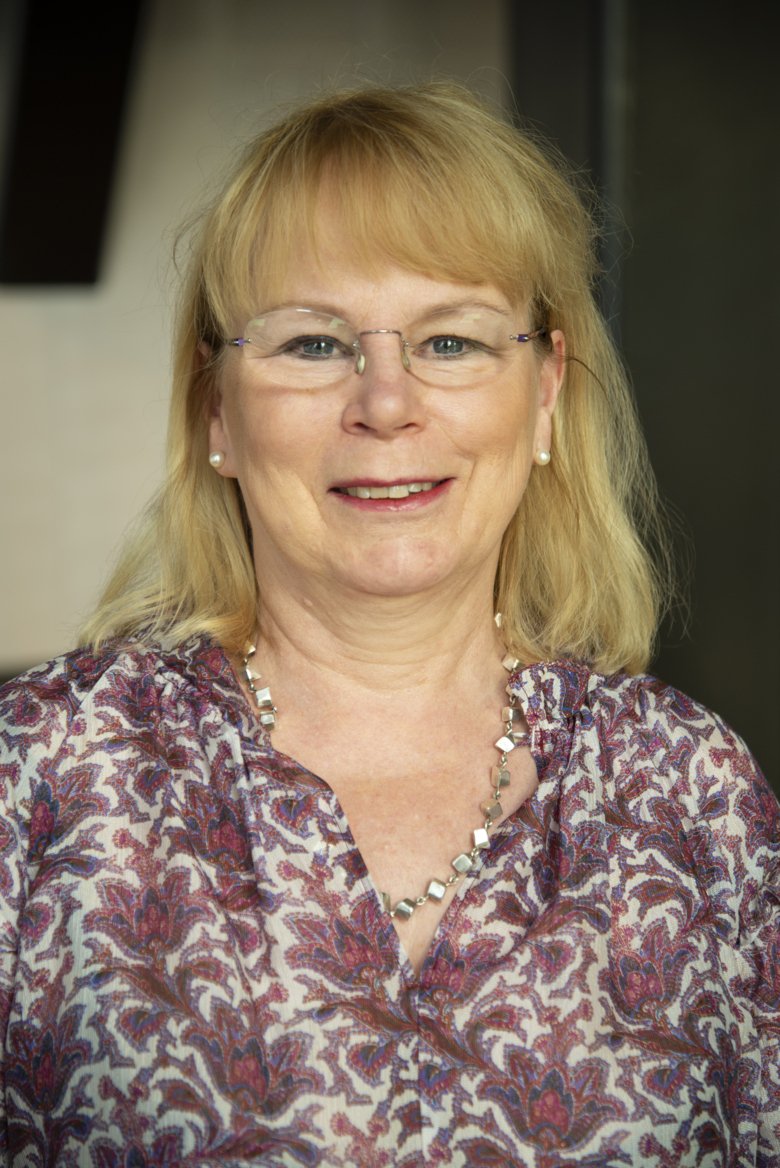Malignant melanoma: “He would never start a family”
Yvonne Brandberg will always remember the young man struck down by cancer in the prime of life. His fate motivated her to try to convince more people to sunbathe more sensibly.
Name: Yvonne Brandberg
Title: Psychologist, professor in healthcare sciences with a focus on oncology at the Department of Oncology-Pathology, Karolinska Institutet.
Conducts research into: Quality of life in conjunction with cancer and the prevention of skin cancer above all.

Text: Anders Nilsson. First published in Swedish in the magazine Medicinsk Vetenskap, No 2/2018.
“Jeans, t-shirt, trainers. always carrying a sports bag – that’s how I remember Erik. I met him when he came for his first treatment at Radiumhemmet. He was 35 years old, a tradesman who loved football. Being sick, that was just something to get fixed before he carried on with the rest of his life.
During that early period, we met every few weeks. Then later, as his condition deteriorated, more often. We discussed the sudden loneliness. Visits from friends became fewer and further between and he couldn’t really deal with his mother’s concern. He kept her at a distance. There had been a girlfriend, but she was no longer in the picture.
Erik had malignant melanoma and the disease had spread throughout his body. Back then, in the early 1990s, that was an almost certain death sentence – although there was a small glimmer of hope. We were researching a new form of treatment and Erik entered the study.
As a psychologist, I was involved at both the clinic and in the research and I had many long conversations with Erik and the other participants. Many of them were young, in the prime of life just like myself. I was 32, with small children at home. Erik was alone and would never start a family. The treatment was unsuccessful. It was dreadful to watch all the patients waste away and die.
Much has happened since then, but much remains unchanged. Today, we have medicines that, while they admittedly are not a cure, can keep the disease in check for long periods. We who research prevention, persuading people to sunbathe more sensibly, have unfortunately been less successful. It has proved extremely difficult to alter the behaviour of Swedes when it comes to exposing themselves to the sun. However, in 2017 we may have seen the first positive indications that fewer Swedes consider it attractive to be very tanned. That would be a crucial change.”
Footnote: “Erik” was not the subject’s real name.
